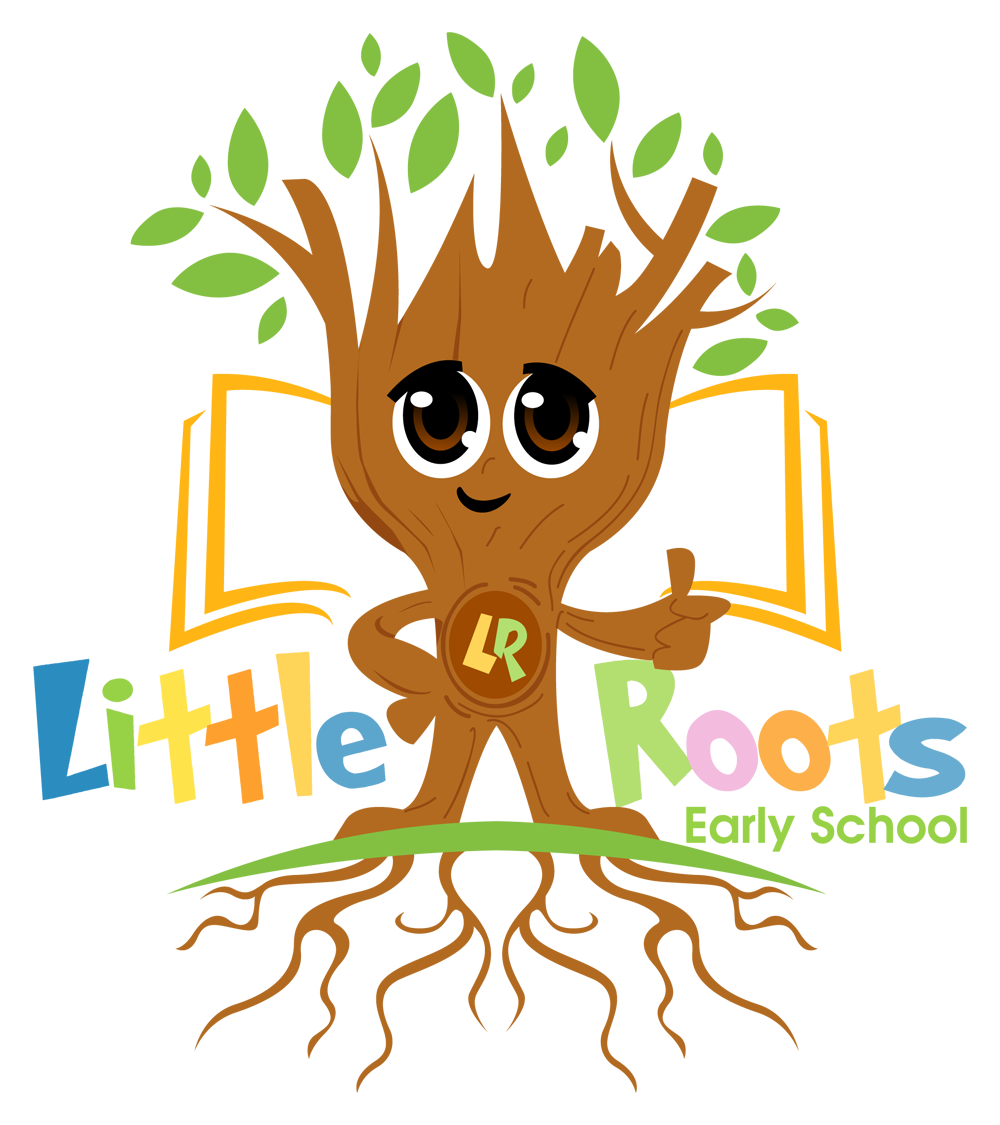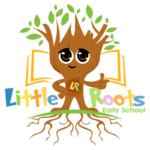As parents, there are a multitude of things we worry about when it comes to our children's development and the world, they will grow up in. But one thing many don't consider is how racism can affect their child's growth and learning — even at such a young age. While these topics may feel overwhelming to explore as parents, it’s important that we recognize the impact that experiences with racism have on preschoolers and bring awareness to this issue among our family members and friends. In this blog post, we'll examine what racism looks like in early childhood education environments and discuss ways to foster anti-racist behavior in your home throughout your child’s upbringing.
It's no wonder that children are like tiny tablets, soaking up everything from those around them. Growing up with parents wearing the burden of societal stereotypes and racism takes its toll; not only on their mental health but also potentially imprinting lasting effects onto young minds too. Unchecked experiences could cause heightened stress responses in kids due to strained coping mechanisms displayed by their caregivers - a cycle which appears difficult to break without proper help.
Early experiences can have a powerful impact, from the time in utero to early childhood and onward. Unfortunately, racism is an experience that has long-term health implications for many individuals of color - toxic stress causes persistent high blood pressure levels which leads to greater incidences of chronic illnesses and shorter lifespans than their white counterparts who are at all income levels. Harvard University research confirms this stark reality among black people, indigenous peoples, as well as other communities of color.
Racism in early childhood education has serious long-term consequences. Studies have shown that students who experience racism and exclusion are more likely to suffer lower self-esteem and increased difficulty in social situations. Furthermore, these toxic experiences can lead to a lack of equitable access to resources, such as high-quality preschools, which can impede development in mathematics and language acquisition and stunt overall academic success. The importance of creating equitable and inclusive classroom environments cannot be overstated; all children should have the opportunity to reach their full potential and racism severely hinders that goal. Early educators must strive to create safe spaces for learners from diverse backgrounds by challenging discrimination before it becomes systemic.
Racism is an unfortunate reality, but LRES believes that everyone deserves the opportunity to learn in a safe and inclusive environment. To create equitable opportunities for our students and families we focus on reducing biases through hiring practices; having diversity at the center of our work; and providing ongoing anti-bias training for staff members. This ensures all are welcomed into learning settings free from restrictive stereotypes or stressors which can impede progress – enabling children to explore their cultural identities openly with increased confidence. Together, this helps foster a sense of security so every student has equal chances to achieve success!
We must continue to learn and unlearn in order to be effective allies against Racism. In this blog post, we've only scratched the surface of how racism impact child development. But it's important work that needs to be done so every child has equal opportunity to reach their potential. We invite you to join us in these conversations and Anti-Racism work by letting us know what you're doing or would like to see more of from us. Thank you for reading and being brave enough have tough conversations!


